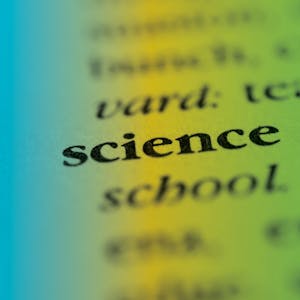Fake news or good science? The Science Literacy course offered by the University of Alberta delves into the crucial skill of scientific literacy and critical thinking. This course empowers learners to differentiate between science and pseudoscience, understand the scientific method, and critically evaluate information in mainstream and social media, among other essential skills.
The course is structured into five enlightening modules, each exploring diverse aspects of science literacy. From understanding the process of science to differentiating between empirical, anecdotal, and logical evidence, participants will engage with thought-provoking content and activities. Notably, the course features special guests such as Timothy Caulfield and Dr. Torah Kachur, adding valuable insights to the learning experience.
By the end of the course, students will have honed their critical thinking abilities, be able to form well-balanced scientific arguments, and feel confident in their capacity to analyze and evaluate scientific communication effectively. Science Literacy is a must for those seeking to navigate the overwhelming abundance of information in today's world.
Certificate Available ✔
Get Started / More Info
Science Literacy comprises five engaging modules designed to enhance learners' critical thinking and scientific literacy. Each module explores essential aspects of science literacy, equipping participants with the skills to discern between good science and pseudoscience.
Module 1: Introduction to Science
Module 2: Pseudoscience
Module 3: Critical Thinking
Module 4: Scientific Methods
Module 5: Interpreting Evidence
Anatomy & Physiology: Levels of Organization provides a foundational understanding of the human body's organizational levels, from atoms to organs and organ...
Evolution: A Course for Educators is a comprehensive exploration of evolutionary science, genetics, and natural selection, designed to equip educators with the knowledge...
Introduction to Translational Science is an informative course providing a broad understanding of translational science, its impact on public health, and the acceleration...
The Science of Movement course focuses on understanding how the nervous system controls muscle forces driving movement, leading to interventions for improving and...